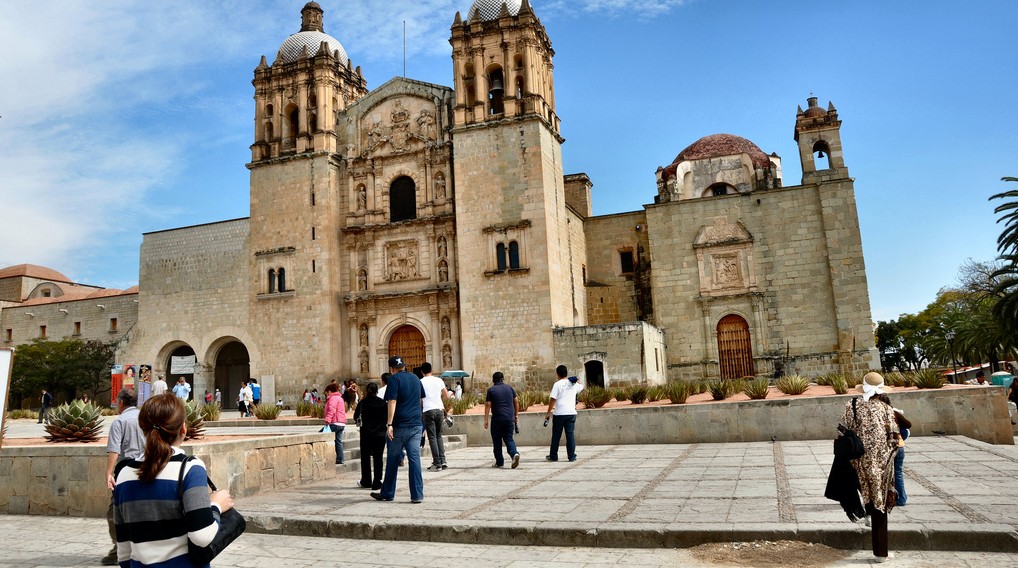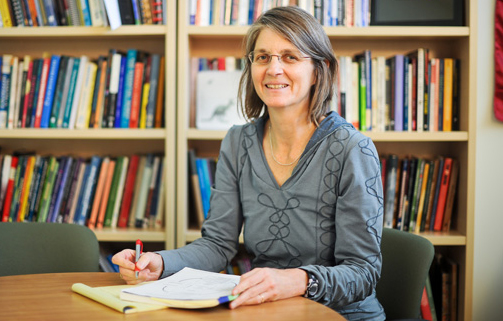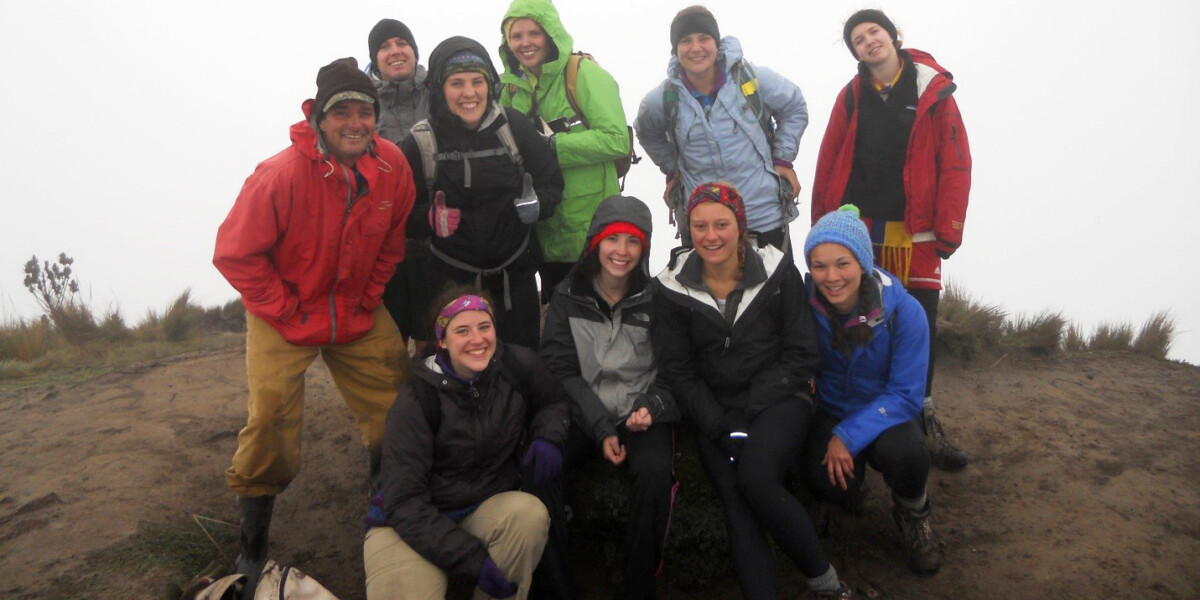By Judy Kaplan
Forget the shhhhh!
Have you been in a school library lately? If not, it’s time for a visit to your local school to see a learning space that is the hub of social and intellectual activity. Think Starbucks with resources and technology, and an atmosphere that encourages inquiry, exploration of ideas, and self-expression. Not only is it a physical space with resources in many formats, but it’s also a 24/7 virtual space with access to databases, reading recommendations, and project and homework help for all learners-students, educators, and parents. Small groups and large groups of students vie for space to collaborate and create amazing products to share their learning.
And, you will see a library media specialist (LMS) who is orchestrating multiple activities at once-answering questions, providing instruction, collaborating with colleagues, chatting about books with readers, and troubleshooting a laptop malfunction. Welcome to a 21st Century school library where the mission is to transform learning and to encourage learners to “Think, Create, Share, and Grow.”
Here’s a quick video of some school libraries in Vermont if you can’t get to one personally.
What skills and dispositions are needed to be a library media specialist?
The roles and responsibilities of the LMS are varied and require special training, in addition to being an educator.
Teacher/Instructional Partner: Design, teach, and assess learning opportunities, promote reading in multiple literacies, collaborate with teachers, motivate readers, model integration of technology.
Information Specialist: Develop and maintain a collection of resources that support curriculum, learners’ interests, teaching strategies, multiple formats for diverse learners. Evaluate, and promote ethical use of resources and emerging technologies, and provide equitable access to all materials for teaching and learning.
Leader: Serve on school and district committees plan and provide professional development, research relevant and current practices, advocate for school library program in the community.
Program Administrator: Create a flexible teaching and learning environment that is inviting, safe, and conducive to student success, manage resources and budgets, hiring and training of staff gather data to improve instruction and demonstrate how the school library program supports student learning.
How can I become a library media specialist?
For the past 35 years, The University of Vermont has provided a sequence of courses for School Library Media Studies so that licensed educators in Vermont can be endorsed as library media specialists (5440-61).

During the last 15 years, the courses have been available in a hybrid format, so that participants from across the state will have to opportunity to complete the coursework without having to be on campus.
The courses are offered online with opportunities for face to face meetings on campus and at Vermont Interactive Technology (VIT) sites in local areas of the state, so that travel time is kept to a minimum.
With about 20 participants in each cohort, the courses are scheduled in two year cycles, one per semester. The courses address the American Association of School Librarians Standards for Initial Certification for School Librarians (2010), and Standards for Vermont Educators.
Job opportunities are open across the state for preK-12, pre K-6 or 8, middle schools, and high schools, and many of the current practicing library media specialists have gone through the UVM sequence. Vermont Education Quality Standards (State Board Rule 2000) outline requirements for every school to employ a certified library media specialist to direct a school library program of resources and instruction.
Upon completion of the six foundational courses and a practicum, an applicant can apply for certification through transcript review. An applicant can also contact the Licensing Office at the Vermont Agency of Education to inquire about the possibility of Peer Review as another path to certification, especially if the person is not a certified educator.
Want to know more?
Judith L. Kaplan, MA, is a Library Media Specialist, and Coordinator of the UVM School Library Media Studies Sequence. She blogs at Building a Culture of Collaboration. You can also follow her on Twitter at @jelkaplan.





